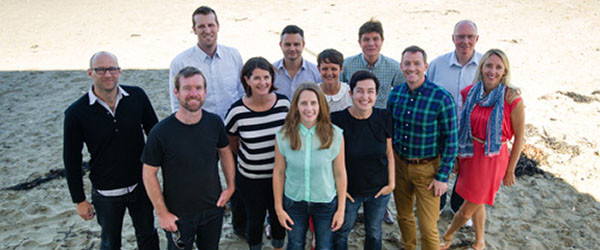Home
About Us
Page 2
2) The effects of genetic variations on an individual's immune and physiological responses.
|
|
3) The determination of biological markers and risk factors that could potentially help in assessing the relationship between certain diseases and licensed vaccines
4) The evaluation of statistical methodologies that are utilized in the process of analyzing vaccine safety.
5) The application of certain genomic and molecular technologies that would help enhance vaccine safety.
In order to support this program, the NIH and CDC are set to administer a maximum annual budget in the amount of $275,000.
The institutions and organizations that will be deemed eligible to participate in this program are the following:
a) Higher Education Institutions such as Public/State Controlled Institutions of Higher Education and Private Institutions of Higher Education
b) Hispanic-serving Institutions, Historically Black Colleges and Universities (HBCUs), Tribally Controlled Colleges and Universities (TCCUs), Alaska Native and Native Hawaiian Serving Institutions
c) Nonprofit organizations other than institutions of higher education
d) For-Profit Organizations such as Small Businesses
e) State Governments, County Governments, City or Township Governments, Special District Governments, Indian/Native American Tribal Governments (Federally Recognized), and Indian/Native American Tribal Governments (Other than Federally Recognized)
f) Independent School Districts, Public Housing Authorities/Indian Housing Authorities, Native American Tribal Organizations (other than Federally recognized tribal governments), Faith-based or Community-based Organizations, and Regional Organizations.
Research to Advance Vaccine Safety Program
Back to Page 1
About The Author Iola Bonggay is an editor of TopGovernmentGrants.com one the the most comprehensive Websites offering information on government grants and federal government programs. She also maintains Websites providing resources on grants for youth programs and home improvement grants. |
Additional Resources
category - Health Grants
Advanced Neural Prosthetics Research and Development Program
American Schools and Hospitals Abroad Program
Research to Advance Vaccine Safety Program
Academic-Community Partnership Conference Series Program
Follow @topgovtgrant
Social Entrepreneurship
Spotlight
Social Enterprise Incubator Garners Funds to Help Social Enterprises in New Zealand

Hikurangi, a registered charity founded in 2008 and has since morphed into a social enterprise incubator, has bagged a $1.27 million to fund main programs: countrywide workshops and clinics, advisory services, incubation, and a social enterprise accelerator pilot.
